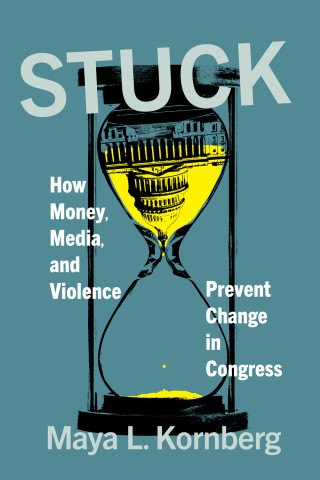
Reviews
Prescient....Full of heartrending interviews with those left behind as they reckon with broken families and loss, Lopez's account is also a valuable primer on ICE's powers.Timely and harrowing.
A work of narrative nonfiction that grabs readers from the opening pages and doesn't let go. Raiding the Heartland is a well-told, sometimes personal, often infuriating tale enriched with stories from across the U.S. that effectively shows deportations aren't just an immigrant story but an essentially American one.
Lopez expertly utilizes interviews and ethnographic descriptions to show us how immigration raids tear apart the social fabric of communities in ways that undermine public health, safety, and well-being, and to illuminate the systems of mutual support that mobilize to try to repair the damage.
Raiding the Heartland is an absolute must-read in this terrifying political moment. Lopez deftly chronicles what it means to render entire communities fearful as they attend church, take children to school, and make their livings. But his rescuing of how these same communities navigate and resist this fear will inspire in ways beautiful and necessary.
Book Details
Prologue
Introduction: Documenting Cruelty in the U.S. Heartland
1. Raid a Factory, Tell a Story
2. Choreographed Chaos
3. Para Uno Que Tiene Familia, es Más Difícil
4. The Multiplication of Loaves and
Prologue
Introduction: Documenting Cruelty in the U.S. Heartland
1. Raid a Factory, Tell a Story
2. Choreographed Chaos
3. Para Uno Que Tiene Familia, es Más Difícil
4. The Multiplication of Loaves and Fishes
5. Where Do You Stop Being a Teacher?
6. A New Overground Railroad
7. It Was the Bed Bugs That Broke Her
Epilogue: A Beautiful Morning in the Heartland of the U.S.
Acknowledgments






